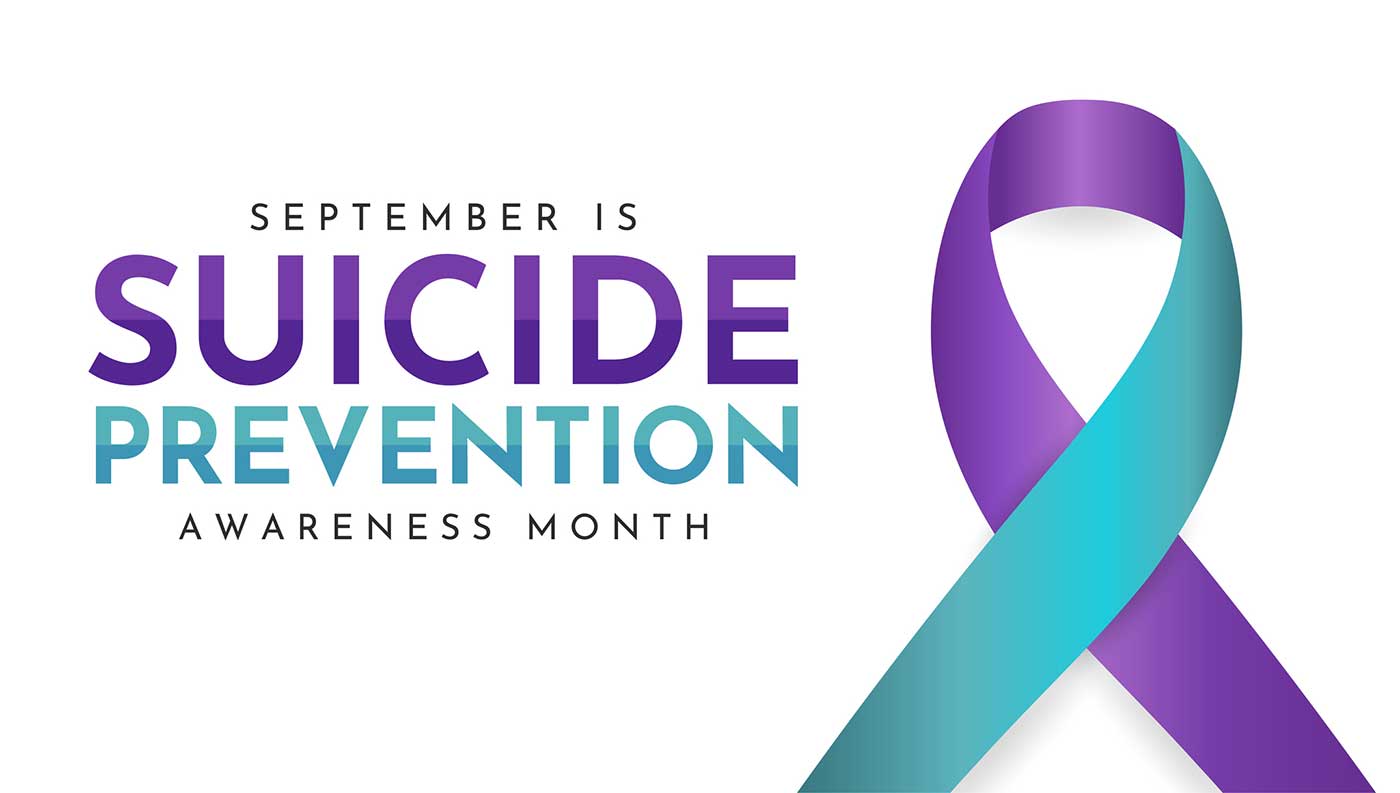Emergency medicine demands alertness at all hours which can be extremely challenging when working night shifts. Irregular sleep patterns often disrupt our natural circadian rhythms making it hard to get quality sleep when you need it most. This is where sleep hygiene comes in. Maintaining good sleep hygiene is crucial not only for our own well-being but also for ensuring the best possible care for our patients. Here are essential sleep hygiene practices to help you navigate the scheduling demands of emergency medicine.
The Importance of Sleep
Sleep is not a luxury; it’s a biological necessity. Chronic sleep deprivation can lead to decreased cognitive function, impaired decision-making, and increased risk of medical errors. The Journal of Clinical Sleep Medicine reports a connection between sleep deprivation and physician burnout as well. For emergency clinicians, where split-second decisions can be life-altering, optimal sleep is paramount.
Strategies for Better Sleep
1. Establish a Consistent Sleep Schedule (When Possible)
While perfect consistency may be challenging due to rotating shifts, try to maintain a regular sleep pattern on your days off. This helps anchor your circadian rhythm.
2. Create a Sleep-Conducive Environment
- Invest in blackout curtains or a sleep mask to block out light.
- Use earplugs or white noise machines to minimize disruptive sounds.
- Keep your bedroom cool, ideally between 60-65°F as recommended by WebMD.
3. Mindful Caffeine Consumption
Caffeine is often a night shift staple, but be strategic:
- Avoid caffeine 4-6 hours before your intended sleep time.
- Consider gradually reducing caffeine intake as your shift progresses.
4. Light Exposure Management
- During night shifts, expose yourself to bright light to stay alert.
- Wear blue-light blocking glasses when your shift ends to help transition to sleep mode. Here’s a list of 11 top recommended blue-light glasses from Health.com.
- Avoid bright screens at least an hour before sleep.
5. Exercise Regularly, But Time It Right
Regular exercise can improve sleep quality, but timing matters:
- Avoid vigorous exercise 2-3 hours before bedtime.
- Consider a morning or early afternoon workout on your days off.
6. Develop a Pre-Sleep Ritual
Create a relaxing routine to signal to your body that it’s time to wind down:
- Try meditation, deep breathing exercises, or gentle stretching. Here are tips for sleep meditation from Cleveland Clinic.
- Read a book or listen to calming music.
- Avoid work-related activities or stressful conversations before bed.
7. Be Mindful of Diet
- Avoid heavy meals close to bedtime.
- Consider eating foods that help with sleep like pistachios and kiwi according to Healthline.
- Stay hydrated, but taper fluid intake as bedtime approaches to minimize nighttime awakenings.
8. Strategic Napping
Short naps can be beneficial, especially before night shifts:
- Aim for 20-30 minute power naps to avoid entering deep sleep.
- Consider a longer 90-minute nap to complete a full sleep cycle if time allows.
9. Communicate with Family and Friends
Educate your loved ones about your sleep needs. Their understanding and support can significantly reduce sleep disruptions.
10. Seek Help When Needed
If you’re consistently struggling with sleep despite these measures, don’t hesitate to seek professional help. Sleep disorders are medical conditions that require proper diagnosis and treatment. Take this sleep disorder survey from Harvard Sleep Medicine to see if you could potentially need help.
Conclusion
To provide quality care for our patients, it’s crucial for emergency medicine physicians to prioritize sleep hygiene. By implementing these strategies, you can improve your sleep quality, enhance your performance, and ensure that you’re at the top of your game in the ED. One last note: good sleep hygiene is a skill that requires practice and patience so be kind to yourself as you optimize your sleep routine.





Responses